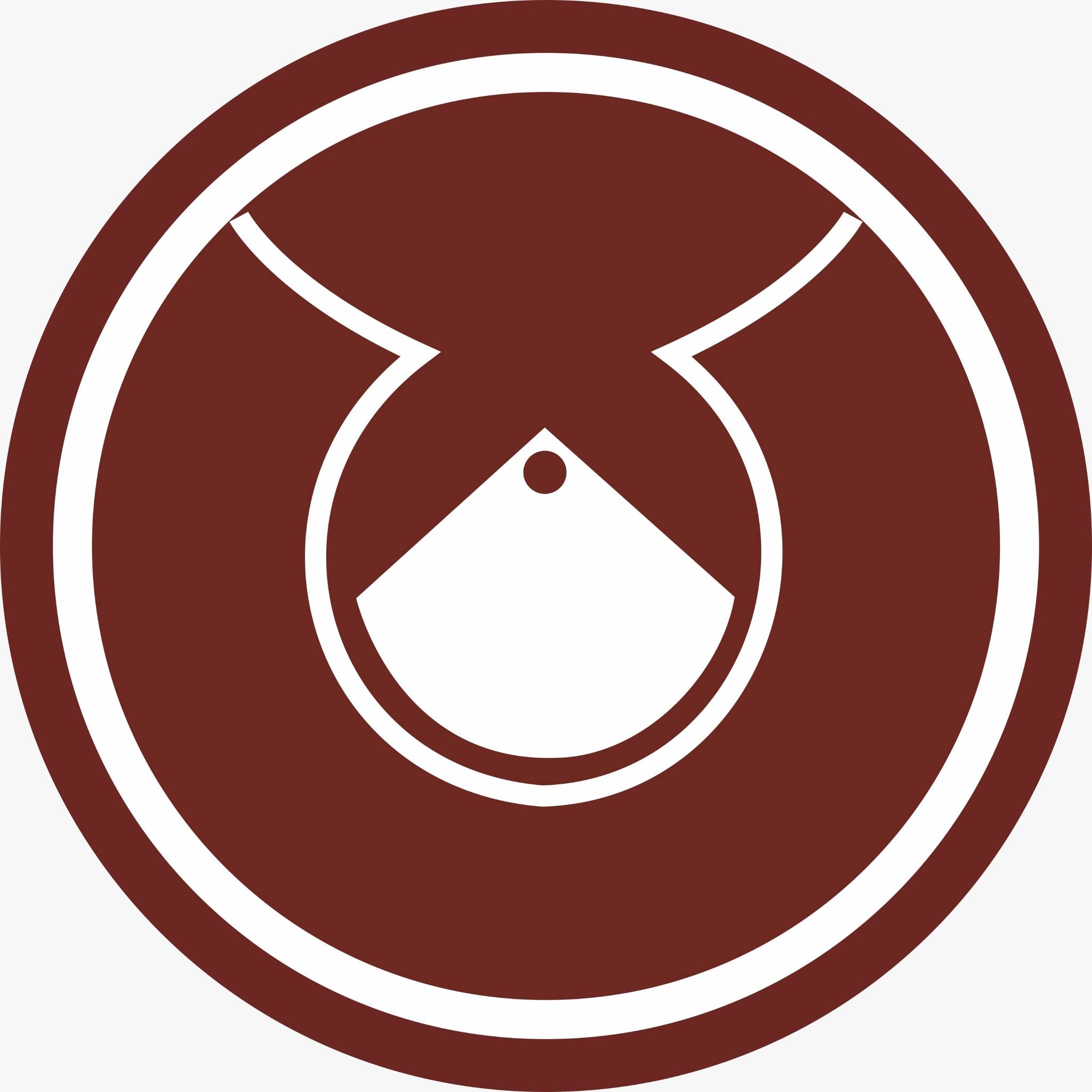In the remote village of Sayra, located in the Kutch district of Gujarat, India, a group of women farmers has come together to overcome the challenges of small-scale farming. With the support of the Self-Employed Women’s Association (SEWA) and through the APFP-FO4A program, these women have formed a collective, or “cluster,” to gain better access to resources, markets, and economic opportunities.
Sayra is a predominantly agrarian village where women have long worked alongside men in farming. However, they often lack access to crucial resources, training, and decision-making power. Recognizing this gap, SEWA helped organize these women into collectives, allowing them to pool resources, share knowledge, and negotiate better prices for their produce.
Leelaben Mohanbhai Vasani, a 58-year-old farmer and ASHA worker, has been at the forefront of this movement. Owning just 2 bighas (0.4 acres) of land, she cultivates groundnut in the rainy season and mustard and castor beans in winter. Leelaben was once skeptical of SEWA’s efforts, but her perspective changed after attending training sessions on marketing, insurance, and cooperative farming.
“At first, I didn’t think much of it,” Leelaben recalls. “But after multiple training sessions and meetings, we truly became a collective group of women. The empowerment we’ve gained is because of our trust in SEWA and their efforts.”
The women of Sayra formed a 50-member mustard farming cluster, allowing them to purchase seeds, fertilizers, and pesticides collectively, reducing costs through bulk buying. They also sell their produce together, either through RUDI (a rural-urban distribution network of SEWA) or direct sales within their village and to relatives.
A key benefit of this model is the savings on transportation costs. By transporting their produce together, each member saves about INR 300 (USD 3) per cycle, leading to total collective savings of 13,500 rupees (USD 150) for 45 active members.
The cluster model has empowered the women not just financially but socially. Inspired by its success, Leelaben even encouraged her relatives to join, believing in its potential to uplift other women. SEWA’s training sessions, held at members’ homes, have ensured wider participation, helping women balance their learning with household responsibilities.
Despite its success, scaling this model to other villages comes with challenges, including limited access to credit, technological gaps, and societal resistance. SEWA, with the support of the APFP-FO4A program, continues to address these barriers, ensuring that more women can benefit from sustainable, collective farming.
APFP-FO4A is implemented by the consortium Asian Farmers’ Association for Sustainable Rural Development (AFA) and La Via Campesina (LVC) and funded by the European Union and the International Fund for Agricultural Development (IFAD).

Comments are closed